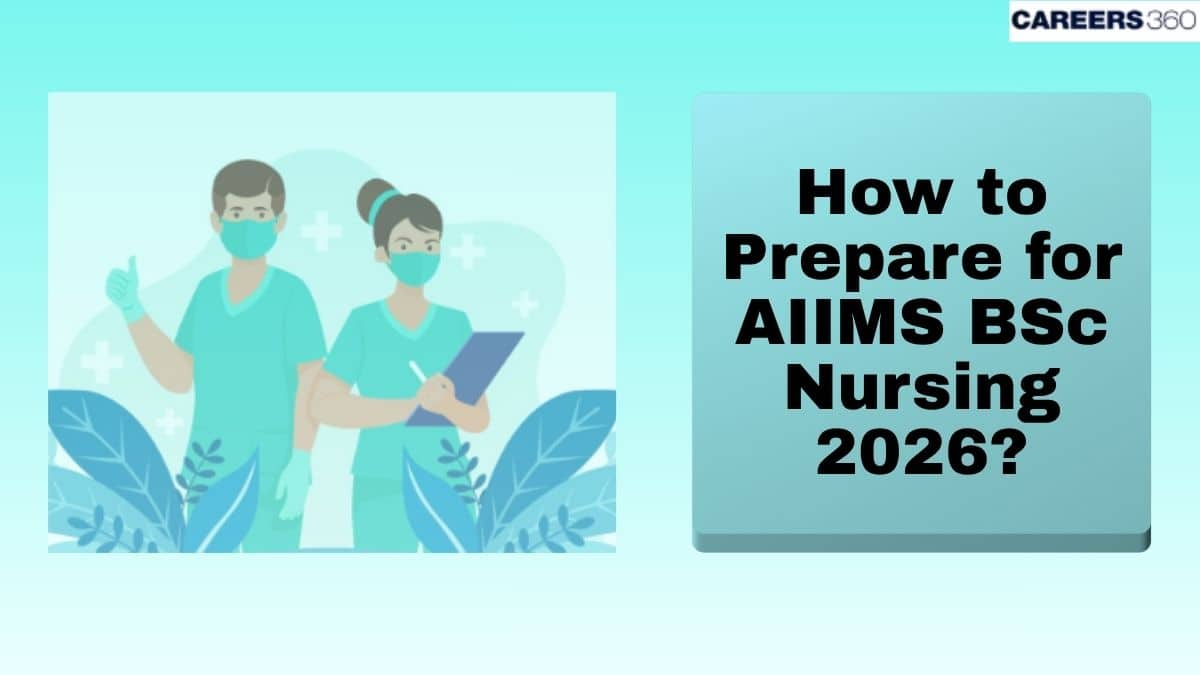AIIMS B.Sc Nursing entrance exam ka syllabus NCERT Class 11–12 par based hota hai. Agar CBSE ya state board ne kuch chapters delete kiye hai, to bhi AIIMS apne original NCERT syllabus se hi questions pooch sakta hai. Deleted syllabus se questions aane ke chances hote hai, kyunki AIIMS
Virohan Allied & Healthcare Programs
Allied & Healthcare programs | 20+ Partner Universities & Institutes | 98% placement record

